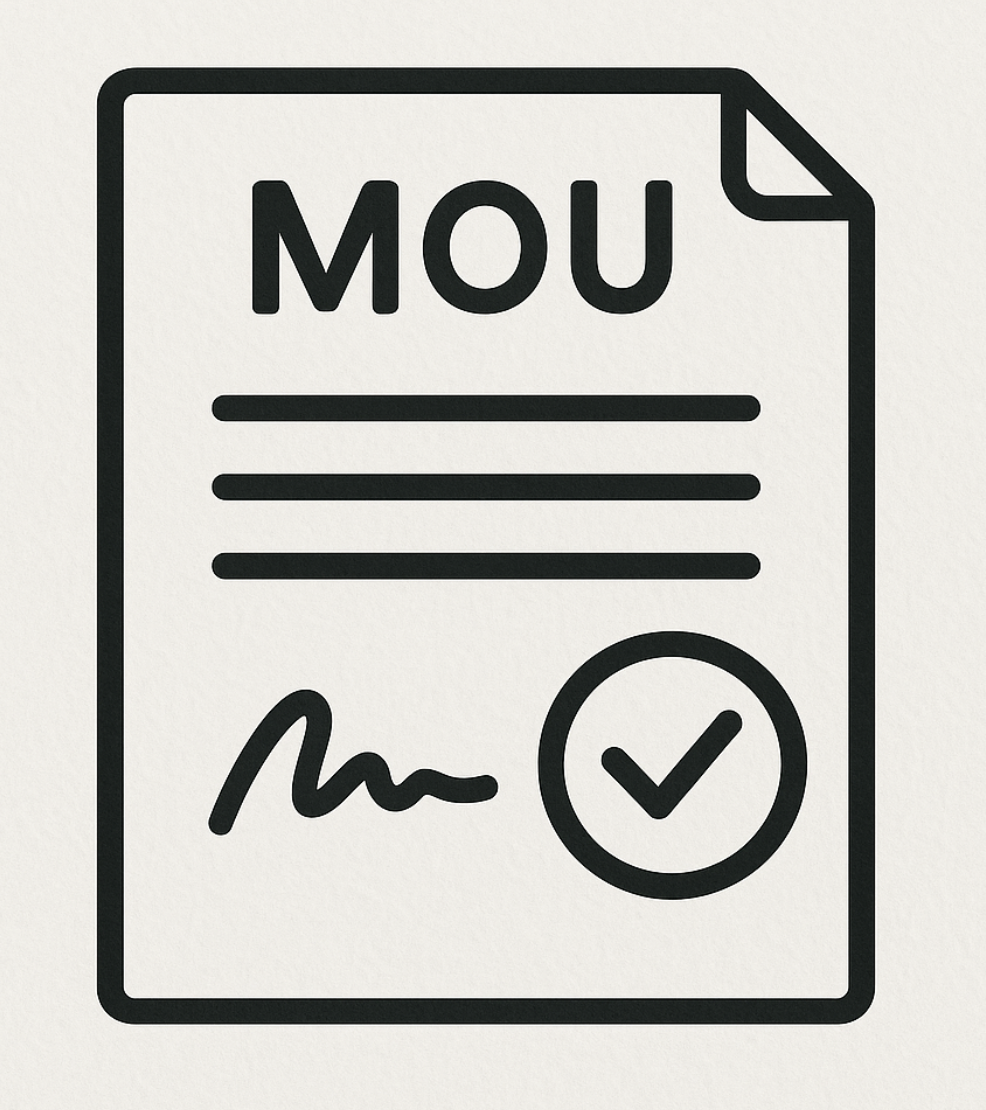MANAJEMEN EVALUASI PROGRAM TULIS BACA AL-QUR’AN
DOI:
https://doi.org/10.18592/jtipai.v10i1.3843Abstract
ABSTRACT: This study aims to determine student learning outcomes in learning Islamic Religious Education. A teacher must have knowledge about the evaluation of learning outcomes, including the techniques and steps for evaluating learning outcomes, so that the evaluations carried out can be measured. This research was conducted to examine what and how to evaluate the management of the Qur'an reading and writing program. This research is qualitative with observation technique. The results of the study showed that the program was running well, marked by the quality and results of reading the Qur'an by students who were correct and had understood the words and their meanings.KEYWORDS: Management; Evaluation; Write and Read. ABSTRAK: Penelitian ini bertujuan untuk mengetahui hasil belajar siswa dalam pembelajaran Pendidikan Agama Islam. Seorang guru harus memiliki pengetahuan tentang evaluasi hasil belajar, di antaranya adalah teknik dan langkah-langkah evaluasi hasil belajar, sehingga evaluasi yang dilakukan dapat terukur. Penelitian ini dilakukan untuk mengkaji apa saja dan bagaimana manajemen evaluasi program tulis baca Al-Qur’an. Penelitian bersifat kualitatif dengan teknik observasi. Hasil penelitian menunjukan bahwa programnya berjalan dengan baik, ditandai dengan adanya kualitas dan hasil bacaan Al-Qur’an siswa sudah benar dan telah memahami kata-kata dan kandungan makna-maknanya.KATA KUNCI: Manajemen; Evaluasi; Tulis Baca.References
Asy-Syikh Fuhaim Mustafa, Manhaj Pendidikan Anak Muslim, Jakarta: Mustaqim, 2002
Daryanto, Evaluasi Pendidikan, Jakarta: Rineka Cipta, 1999
Djudju Sudjana, Evaluasi Program Pendidikan Luar Sekolah, Jakarta: Rosdakarya, 2006
Farida Yusuf Tayibnapis, Evaluasi Program, Jakarta: Rineka Cipta, 2000
H. M. Sukardi, Evaluasi Pendidikan Prinsip & Operasionalnya, Jakarata: Bumi Aksara, 2011
Kadar M. Yusuf, Tafsir Tarbawi, Pekanbaru: Zanava publishing, 2011
Laila Hamidah, Sawaluddin Siregar, Nuraini Nuraini, Kepribadian Guru Pendidikan Agama Islam Menurut Buya Hamka, Tarbiyah: Jurnal Ilmiah Kependidikan e-ISSN: 2548-8376 Vol. 8 No. 2 Juli - Desember 2019 (135 – 146)
M.Chabib Thoha,Teknik Evaluasi Pendidikan, Jakarta: PT Raja Grafindo Persada, 1996
Maidir Harun, Kemampuan Baca Tulis Al-Qur’an Siswa SMA, Jakarta: Puslitbang Letur Keagamaan Depag RI, 2007
Sawaluddin Sawaluddin, Koy Sahbuddin Harahap, Muhammad Syaifuddin, Sainab Sainab, Syahrul Akmal Latif, Development of the Potential Senses, Reason, and Heart According to the Qur'an and its Application in Learning, Advances in Social Science, Education and Humanities Research, volume 253, 3rd Asian Education Symposium (AES 2018), pp.508-511
Sawaluddin Sawaluddin, Munzir Hitami, Zikri Darussamin, Sainab Sainab, The Potential of the Senses in Al-Quran as the Basic Elements of the Human Physic and Its Application in Learning, Advances in Social Science, Education and Humanities Research, volume 261, International Conference on Islamic Education (ICIE 2018), pp. 158-162.
Sawaluddin, Koy Sahbudin Harahap, Supardi Ritonga, Muhammad Ramli, Prosedur Pengembangan Evaluasi Pembelajaran Pendidikan Agama Islam, Jurnal Pendidikan Islam Vol. 8 No.3 Januari – Juni 2020, pp.79-94
Sawaluddin, Potensi Indra, Akal, dan Kalbu Menurut Al-Qur’an dan Aplikasinya Dalam Pengembangan Pendidikan Dasar, Pekanbaru: UIN Suska Riau, Disertasi, 2017, pp. 402-404
Sawaluddin, Sainab, THE INTELLIGENT MEANING IN THE QUR'AN: Nalysis Of The Sure Potential In The Al-Qur'an As A Dimension Of Human Psychic Insaniah, Jurnal Madania: Volume 9 : 2, 2019 (e-ISSN 2620-8210 | p-ISSN pp. 373-395
Sawaluddin, Sawaluddin. “Konsep Evaluasi Dalam Pembelajaran Pendidikan Islam.” Jurnal Pendidikan Agama Islam Al-Thariqah 3, No. 1 (July 13, 2018): 39. Doi:10.25299/ Althariqah. 2018.Vol3 (1).39-53
Slameto, Evaluasi Pendidikan, Jakarta: Bumi Aksara, 2001
Suharsimi Arikunto, Evaluasi Program Pendidikan, Bumi Aksara: Jakarta, 2008
Tatang, S. Ilmu Pendidikan, Cet-1Bandung: Pustaka Setia, 2012
Downloads
Published
How to Cite
Issue
Section
License
Authors who publish with this journal agree to the following terms:
- Authors retain copyright and grant the journal right of first publication with the work simultaneously licensed under a Creative Commons Attribution License that allows others to share the work with an acknowledgement of the work's authorship and initial publication in this journal.
- Authors are able to enter into separate, additional contractual arrangements for the non-exclusive distribution of the journal's published version of the work (e.g., post it to an institutional repository or publish it in a book), with an acknowledgement of its initial publication in this journal.
- Authors are permitted and encouraged to post their work online (e.g., in institutional repositories or on their website) prior to and during the submission process, as it can lead to productive exchanges, as well as earlier and greater citation of published work.










